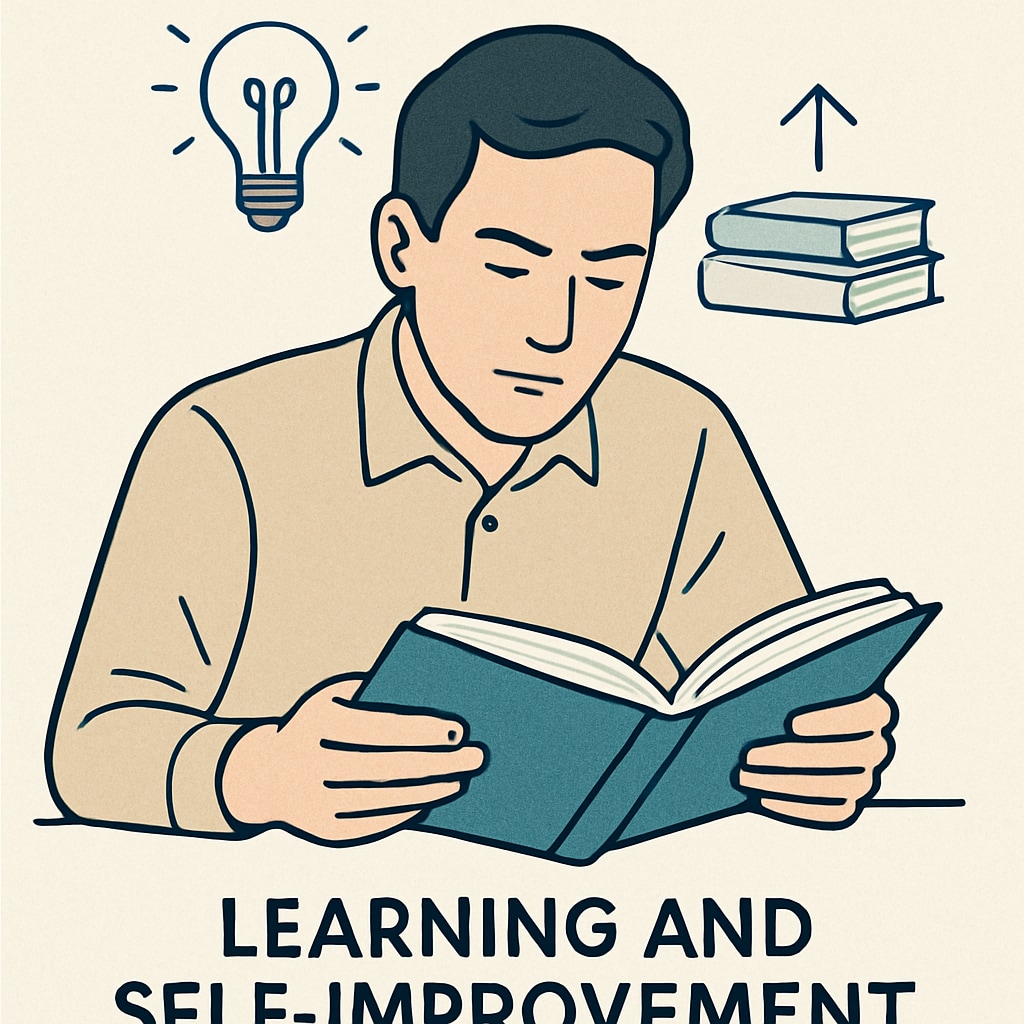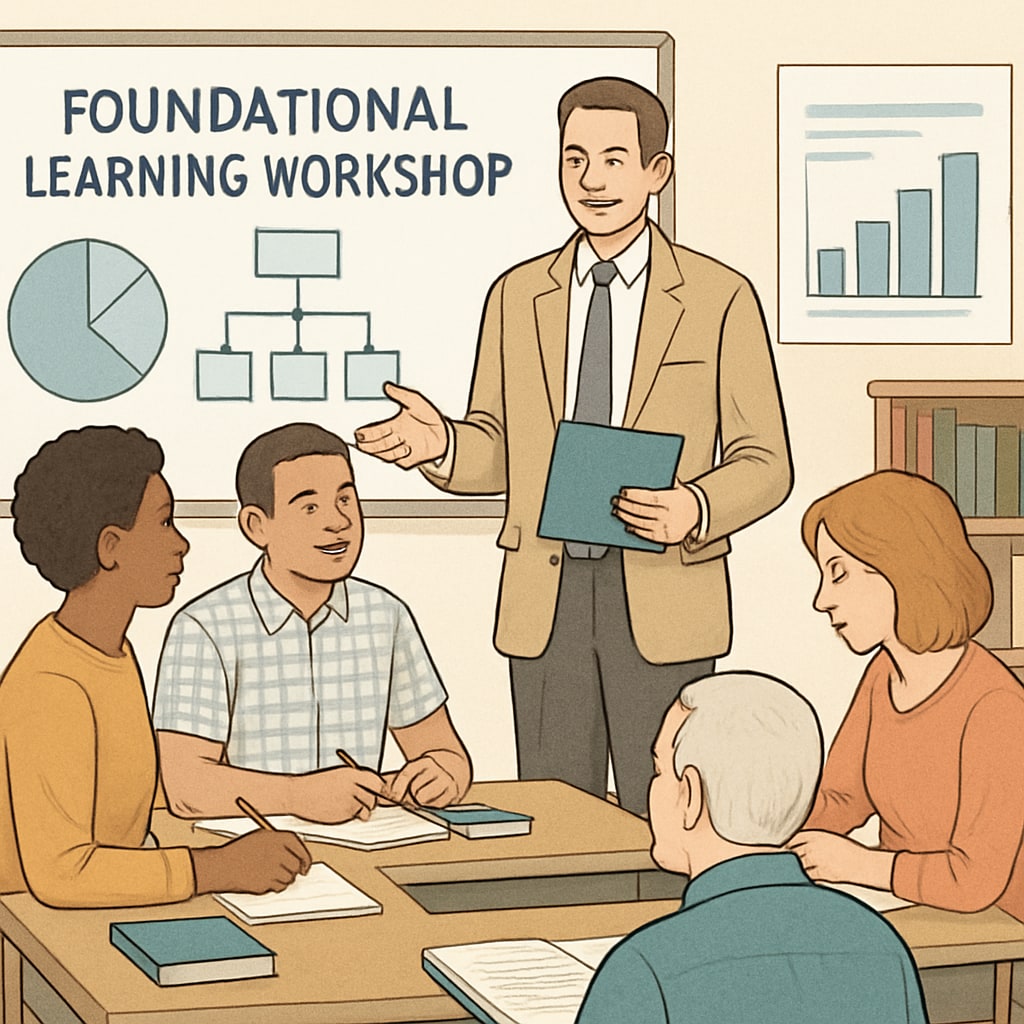Educational deficiencies, foundational knowledge, and self-esteem are interconnected challenges for many adults who experienced gaps in their childhood education. These gaps can hinder professional development, limit social interactions, and contribute to feelings of inadequacy. However, knowledge gaps are not insurmountable. With the right strategies, adults can rebuild their foundational knowledge and address the emotional impact of these deficiencies.

Understanding the Impact of Educational Deficiencies
Childhood educational deficiencies often result from socioeconomic barriers, limited access to quality education, or personal circumstances. The effects of these gaps extend beyond academics, influencing self-esteem and the ability to adapt to new challenges. For example, individuals may hesitate to engage in conversations or pursue opportunities due to fear of being judged for their lack of knowledge.
According to research from Wikipedia on Education, foundational knowledge serves as the building blocks for complex learning and skills development. Without these basics, adults often struggle with tasks requiring critical thinking, numeracy, or effective communication.
Strategies to Rebuild Foundational Knowledge
Rebuilding knowledge requires both commitment and strategic planning. Below are practical steps to help bridge educational gaps:
- Identify gaps: Begin by assessing areas where knowledge is lacking, such as math, language, or general science. Tools like online quizzes can be helpful.
- Embrace continuous learning: Use free educational resources such as Khan Academy, Coursera, or Britannica to enhance your knowledge.
- Set realistic goals: Break down your learning objectives into manageable steps to avoid feeling overwhelmed.
- Seek mentorship: Engage with educators or peers who can guide and support your learning journey.
- Practice daily: Commit to regular study sessions to build a consistent learning habit.

Addressing Emotional Barriers and Self-Esteem
Knowledge gaps often lead to self-doubt and a fear of failure. Addressing these emotional barriers is crucial for effective learning:
- Challenge negative beliefs: Recognize that a lack of early education doesn’t define your intelligence or potential.
- Celebrate progress: Acknowledge small achievements in your learning journey to boost confidence.
- Build a support network: Surround yourself with positive influences who encourage your growth.
- Practice mindfulness: Techniques such as meditation can help reduce anxiety and improve focus.
As a result, the combination of rebuilding knowledge and addressing emotional barriers creates a holistic path toward personal growth. Adults can transform their challenges into opportunities for lifelong learning and self-improvement.
Conclusion: From Deficiency to Empowerment
Educational deficiencies, foundational knowledge gaps, and self-esteem issues do not have to define adulthood. By taking proactive steps to address these challenges, individuals can empower themselves to achieve their goals. Remember, it’s never too late to learn, grow, and thrive.
Whether you’re seeking to advance your career, enhance your social interactions, or simply gain confidence in daily life, rebuilding your foundational knowledge is a transformative journey. Start today, and take the first step toward a brighter, more confident future.


